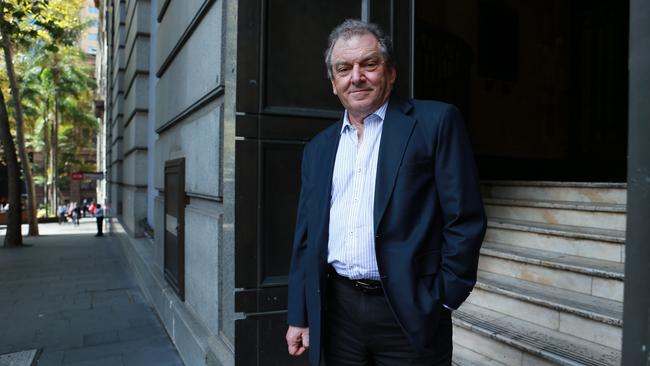Divesting coal doesn’t work and ESG needs purpose, say fund managers as greenwashing grows
It’s time for investors and companies to get real about what they want from ESG say fund manager, who insist simply selling a coal mine won’t cut carbon emissions.

Investors need to consider what they are trying to achieve when looking at ESG (environmental, social and governance) funds, because simply divesting fossil fuel assets doesn’t reduce carbon emissions, and companies with Indigenous policies don’t necessarily have better workplace practices.
That’s the word from several fund managers who say greenwashing – where a company makes broad sustainability claims without evidence – is on the rise and question whether even the policies of those who are genuinely concerned actually make a difference to the environmental causes they support.
The securities regulator is on the case. Its first greenwashing court case was against fund manager Mercer, which claimed its Sustainable Plus fund excluded carbon-intensive fossil fuel companies but then invested in stocks such as BHP, Whitehaven Coal and AGL Energy, as well as Glencore.
In December, Mercer agreed to a $11.3m penalty – still to be approved by the Federal Court – and since then ASIC has also taken action against Active Super, Vanguard and fined Future Super and Northern Trust.

Fund manager Steve Johnson said his firm, Forager Funds, “got a lot of grief” for not launching an ESG product but he believes responsible investing is really just another name for good investing.
“I am unconvinced that the divestment trend is actually making much difference,” Mr Johnson said.
“There’s some really interesting research out there about whether it does make a difference or whether active ownership and engagement is a more effective strategy.” Washington H. Soul Pattinson has taken this stance with its 40 per cent stake in coal miner New Hope, which comes with board positions on the NSW miner and an active role to ensure the company is remediating land and providing a safe workplace.
“Is it better to just sell all the coal assets to someone sitting in China or India that doesn’t really care about ESG and they’re going to dig as much coal out of the ground as they can?” Mr Johnson said.
“I don’t think it’s helping. It’s certainly not changing the actual amount of carbon being put into the atmosphere.
“That is exactly what has happened with many fossil fuel assets, with hundreds of millions of dollars in dividends every year now being paid out to private companies on assets that are no longer listed because people have divested from (them).”
Companies such as global mining giant BHP have been gradually divesting lower-grade metallurgical and thermal coal assets. Just a few months ago BHP announced the sale of its Blackwater and Daunia mines.
Euree Asset Management’s Winston Sammut agrees there are too many companies and fund managers who are just “talking the talk” without considering how to make a difference.
Mr Sammut points to the “S”, the social element in ESG, which is often overlooked.
“When you look at the S, there are lots of companies that have an Indigenous policy, but when you ask them how many Indigenous people they actually employ the answer is zero,” says Mr Sammut. “There is a lot of lip service in ESG.”

It was clear that ESG was not going to go away, and nor should it, said Mr Johnson, but it was important that people didn’t just make decisions because it “makes them feel good” before checking that the fund or the company delivers on what it promises.
“I’ve been incredibly frustrated at what people are getting away with in terms of labelling something as an ESG fund. I think the ASIC crackdown has worked. You can’t pretend you’re doing something that you’re not.”
Investment bank Jarden has just compiled its top seven areas for ESG focus in 2024, and picks climate and climate reporting as a key focus in the “E” space. “Without doubt climate and associated mandatory climate reporting will be a continued theme to watch for in 2024, given the urgency of climate change,” wrote Michaela Jamison, head of ESG research at Jarden in a note to clients.”
The Australian Accounting Standards Board is proposing new reporting standards from July 1 that increase the requirements around climate.
Nature-related financial disclosures will also be a key theme in 2024, wrote Ms Jamison.
When it comes to “S” she picks safety as a big issue.
“With 24 fatalities at 19 ASX-listed companies in FY23 and two already in FY24, safety continues to draw our attention.”
Industrial relations and Indigenous relations will also be a hot topic, particularly among the commodities companies such as miners and oil and gas operators.




To join the conversation, please log in. Don't have an account? Register
Join the conversation, you are commenting as Logout